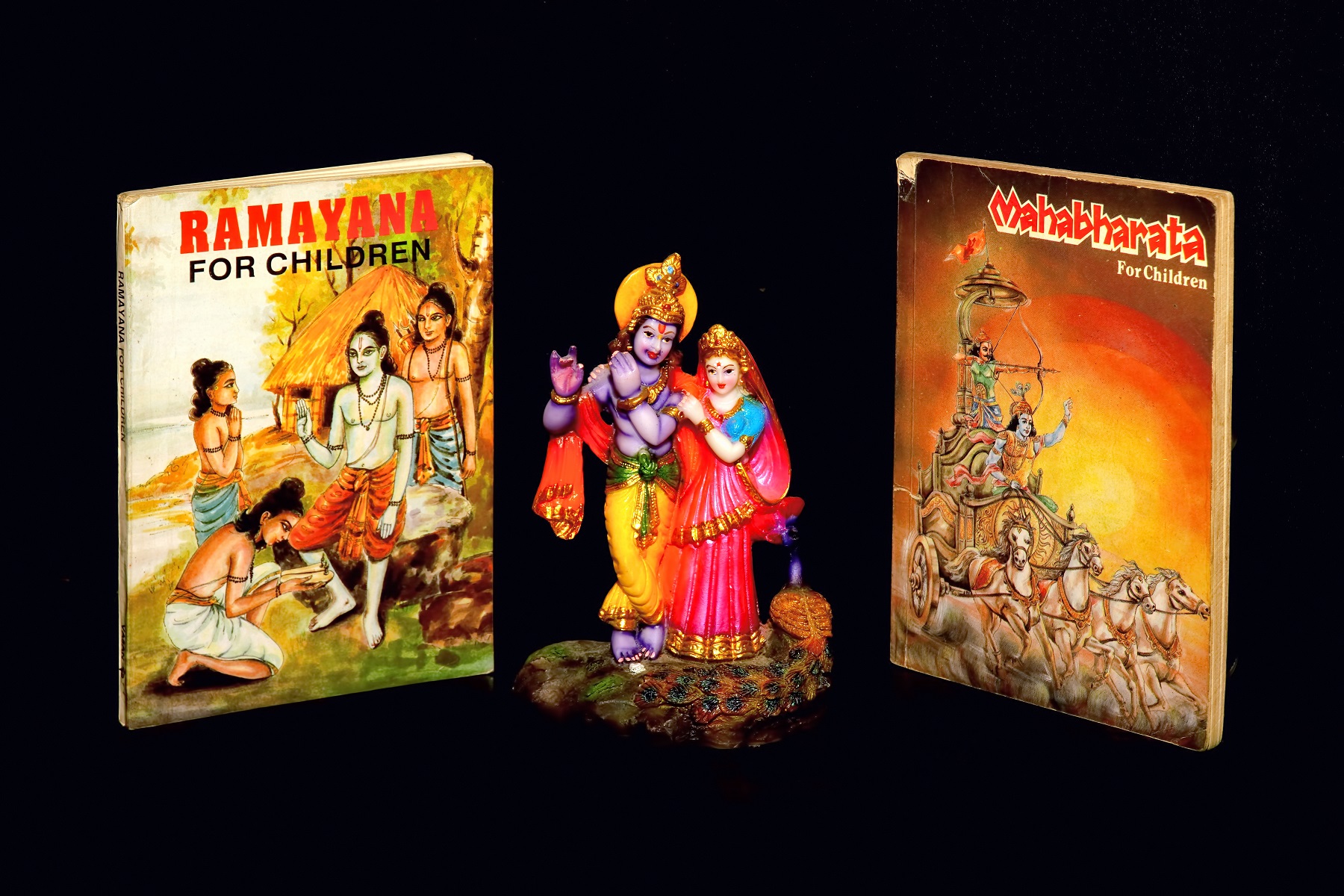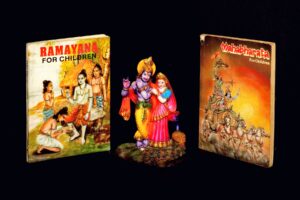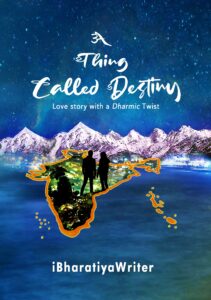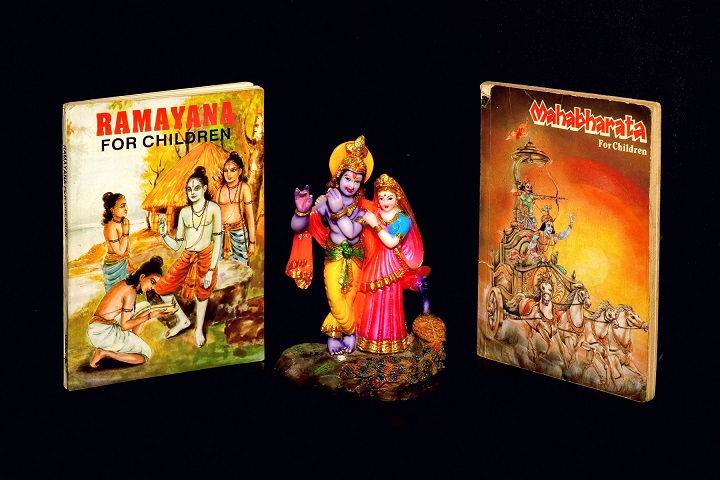
India, that is Bharat has always been a land of stories and storytellers. Two of the greatest epics happened here and have been passed down to us for generations.
The greatness of our literary heritage and richness was summed up by a dialogue that stayed with me ever since I was a child. It was from the movie: The Legend of Bhagat Singh, where Ajay Devgan while playing the titular role of the revolutionary freedom fighter Bhagat Singh, delivered this ferocious dialogue in the court of law:
“I strongly object Your Honour. Neither my country is poor nor is it illiterate. Jab tumhaare baap dada bolna nahi jaante the, yahan ka bachcha bachcha Ramanyan, Gita ka paath padta tha.”
Even in my case, one of the first bedtime stories that I heard from my mom was that of the Ramayana. And among the first books I read was that of the RAMAYANA FOR CHILDREN, when I was in Class 2.

An epic was summed up in 143 pages by Vasan Book Depot and according to the understanding I had back then, Rama had personality traits that need to be looked up to and imbibed in us so that we become good human beings.
In short, RAMA is a HERO.
However, during my growing-up years, I noticed various attempts to defame Rama’s personality and show him in a very poor light. From the very obvious accusation of him being a cheat who unfairly won over Vaali, to him doubting and abandoning his wife when she was pregnant. And at the other end of the spectrum, his very existence was questioned, and vile and obnoxious things were spoken and written about him. If you haven’t heard about such things while being in India, then you probably lived at a time when dinosaurs were roaming around.
Even chanting Rama’s name was termed communal, that too in this very country, Bharat.
And even another of my HERO, Bhagat Singh wasn’t spared from such slanderous treatment. I have read accounts of him being termed a revolutionary terrorist.
And this didn’t end there. Every simple thing I did and thought by my mom as good for me was criticized, mocked and attacked. For instance, going to a temple, that too, only on the first day of a new academic year was uncool, applying vibuthi was old-fashioned and even making a “puliyar suzhi” on the exam paper (in the hope of doing well in the exams) was considered superstition.
All these eventually culminated into horrendously denigrating and demeaning positions that became so universal that, whenever you mention “Hinduism”, all it is left with is Sati, Untouchability, Caste Discrimination, Patriarchy, Superstition, Brahmanical Hegemony and anything and everything that is negative.
So what went wrong?
Who are these who are telling us these stories that make us feel so inferior about our own cultures and customs and way of life?
And most importantly, as Palki Sharma says and I am paraphrasing her here:
- Why did we let go of being in control of our stories to actively shape them?
- Why did we let others poison our stories?
- And why did we, the land of Mahabharat and Ramayana stop telling our own stories in our own words?
And all these thought processes among many others, lead me into putting the pen to paper and telling the story about an ancient Dharmic custom that has remained a mere ritual now, in a contemporary setting. And I have tried my best to package them in a manner that I trust will be appealing and relevant to the present times and generation.
And here presenting to you the novel:
 In all likelihood, it will be arriving for your consumption on either Ugadi or the Tamil New Year.
In all likelihood, it will be arriving for your consumption on either Ugadi or the Tamil New Year.
Until then, you can get to know more about its plotline, its characters and updates at:
